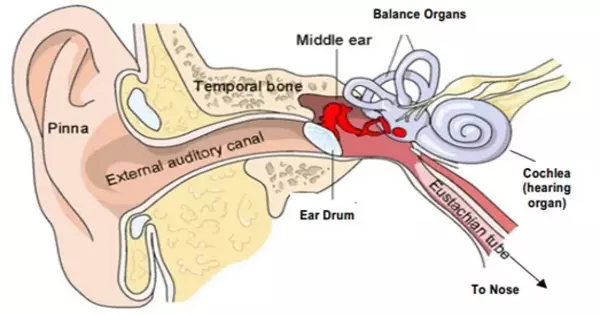Balance issues are the inability to stay upright and move confidently. A balance disorder is a disturbance that causes an individual to feel unsteady, such as when standing or walking. They occur when you are unable to control your body’s position or when you feel unsteady. It may be accompanied by feelings of giddiness or wooziness, as well as a sensation of movement, spinning, or floating.
Balance is the result of several body systems working together: the visual system (eyes), the vestibular system (ears), and proprioception (the body’s sense of where it is in space). Degeneration or loss of function in any of these systems can result in balance deficits.
Signs and symptoms
Balance issues are a common symptom of a variety of medical conditions. Many of these conditions do not necessitate medical attention. However, if you are experiencing balance issues, you should consult a doctor to rule out serious health issues such as a stroke or tumor.
Vestibular disorders may cause cognitive dysfunction (disorientation). Cognitive deficits are not only spatial in nature, but also include non-spatial functions such as object recognition memory. Vestibular dysfunction has been shown to negatively affect attention processes, and increased attention demands can exacerbate the postural sway associated with vestibular disorders. Recent MRI studies also show that humans with bilateral vestibular damage (damage to both inner ears) experience hippocampus atrophy, which correlates with their level of impairment on spatial memory tasks.
Causes
Dizziness or vertigo, which causes a spinning or falling sensation, can accompany balance problems. Balance issues can arise when the vestibular, visual, or proprioceptive systems are disrupted. Inner ear problems, changes in circulation, head or neck injuries, and other conditions are all common causes of this disorienting sensation. Abnormalities in balance function can be caused by a variety of pathologies, including inner ear disorders, low blood pressure, brain tumors, and brain injury, including stroke.
Diagnosis
The difficulty in making the correct vestibular diagnosis is reflected in the fact that more than one-third of patients with vestibular disease consult more than one physician, in some cases up to fifteen. Balance issues become more common as people age because they have more health issues in general, and our balance system changes as we age. However, if you have this symptom, you should see a doctor. Serious conditions such as a tumor or stroke can cause this symptom in rare cases.
Treatment
Balance disorders can be treated in a variety of ways. Treatment for a disease or disorder that may be causing the balance problem, such as ear infection, stroke, multiple sclerosis, spinal cord injury, Parkinson’s, neuromuscular conditions, acquired brain injury, cerebellar dysfunctions and/or ataxia, or certain tumors, such as acoustic neuroma, is one option. Individual treatment will differ and will be based on assessment results such as symptoms, medical history, general health, and medical test results. Furthermore, tai chi may be a low-cost method of preventing falls in the elderly.
















